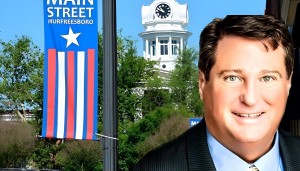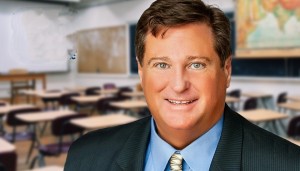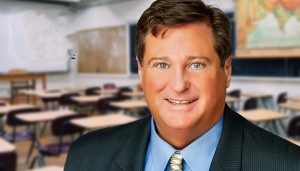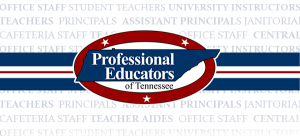Many voters are concerned about the state of the economy and health care. The high cost of living is causing financial distress for numerous citizens. They are frustrated by the rising prices of groceries and the smaller quantity of products in the same packages. They are also distressed by inflation and the exorbitant cost of housing. According to AAA, which monitors gas prices, the average price of regular gas in the US as of April 25th is $3.658 per gallon. Too many citizens are politically disengaged.
Our political system needs change, and we, the citizens, hold the power to make it happen. We cannot afford to be passive observers of the collective gridlock that has immobilized our government on both state and federal levels. It's high time we assert our influence as voters and demand that our politicians collaborate to resolve our society's issues. It is time to change the political game.
Authentic political leadership goes beyond just money and polls. It requires a deep understanding of people's needs, integrity, courage, and vision. Politicians must rise above petty concerns and serve their constituents with honor, dignity, and compassion. Putting in the work and using principles and persuasion can be more effective than money and political messaging.
The ability of our politicians to forge bipartisan policies has significantly diminished as polarization and partisanship have surged in recent decades. In the absence of timely electoral or regulatory disclosure requirements, philanthropic contributions are a form of political influence that largely escapes the scrutiny of voters, raising serious concerns about the transparency and fairness of our political system.
From healthcare to education and the economy, dysfunctional governance casts a shadow over every issue Americans hold dear. Many are rightfully concerned about the role of money in politics. However, when harnessed effectively, philanthropy can be potent in fortifying a vibrant democracy. Regrettably, it often has the opposite effect.
The upcoming state elections for House and Senate races are expected to be competitive. On one side of the political spectrum, there is a need to discover a message that will connect with their fellow citizens. What kind of ideas or values will resonate with them? On the other side, those who have been in power must also find a way to define themselves. They have been criticized for prioritizing their interests above all else and needing to establish a new identity more focused on serving the people they are elected to serve. Corruption in politics poses a threat to democracy. Politics itself has reached new depths of vulgarity, misinformation, and ignorance.
We must choose our path wisely as a state and a nation. We can either embrace hope and opportunity or succumb to fear and division. A great country like ours must prioritize children's education and build a robust public education system that constantly works to change and meet the needs of all students. A challenge that we often fall short of accomplishing. Education policy must align with community values. You either support the idea of public schools being controlled locally, or you don't.
Educators hold a variety of political views. However, over the last six years, public educators in Tennessee have recognized they have been subjected to unnecessary hostility. Public school critics acknowledge that today's attacks aim to destroy, rather than undermine, public education. This is particularly puzzling when you consider that 90% of students are educated in public schools, and school districts are among the largest employers in a community. Many communities take enormous pride in their local schools.
On the ballot in 2024 is the issue of "universal vouchers." School choice is already a foregone conclusion; public school choices will continue to expand. Now, candidates and elected officials want to use taxpayers' money to fund private school tuition for parents whose children are already in private schools. That is correct. Most voucher recipients in Governor Lee's proposed statewide voucher program in 2024 would be students already enrolled in private schools, which was not disclosed to the public.
The universal voucher legislation failed due to discrepancies between the House and Senate versions. Growing government subsidizing private school tuition in a state with reduced revenue is not fiscally conservative. Even advocates acknowledge that universal voucher programs quickly run up costs and exceed budget estimates in other states. Voters might want to have a say on this concept in 2024.
Education is crucial for the progress and survival of our state and nation. Every person, including students, parents, teachers, taxpayers, and community members, has a stake in public education. Education plays an essential role in shaping the future of the state, its workforce, and its society as a whole.
Elected officials heavily influence public education policies. To have a voice, vote in every election, and express your opinion on important issues.
##
JC Bowman is the executive director of Professional Educators of Tennessee.











